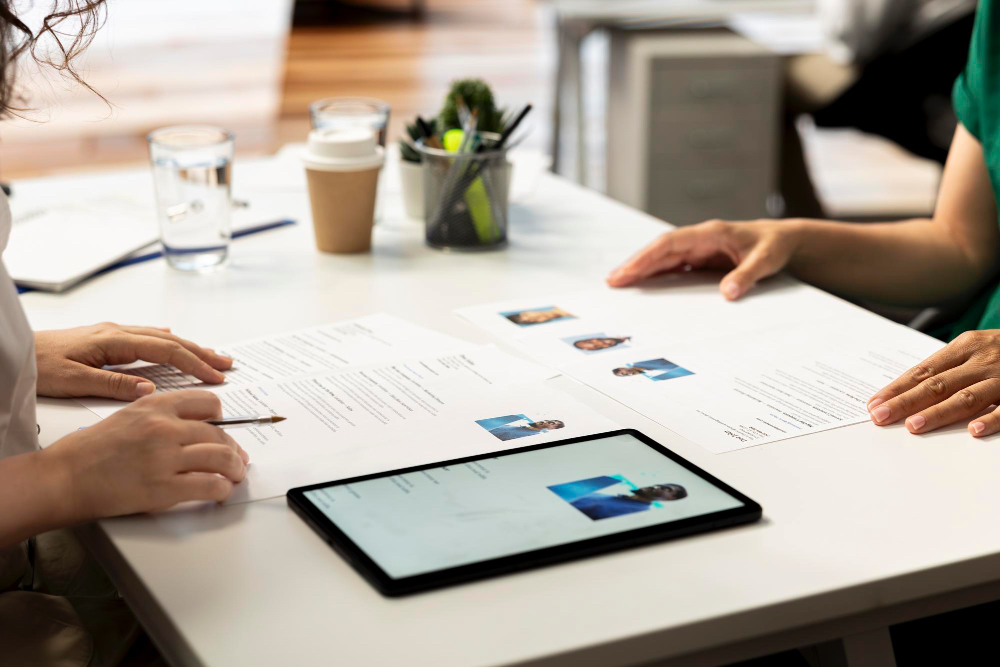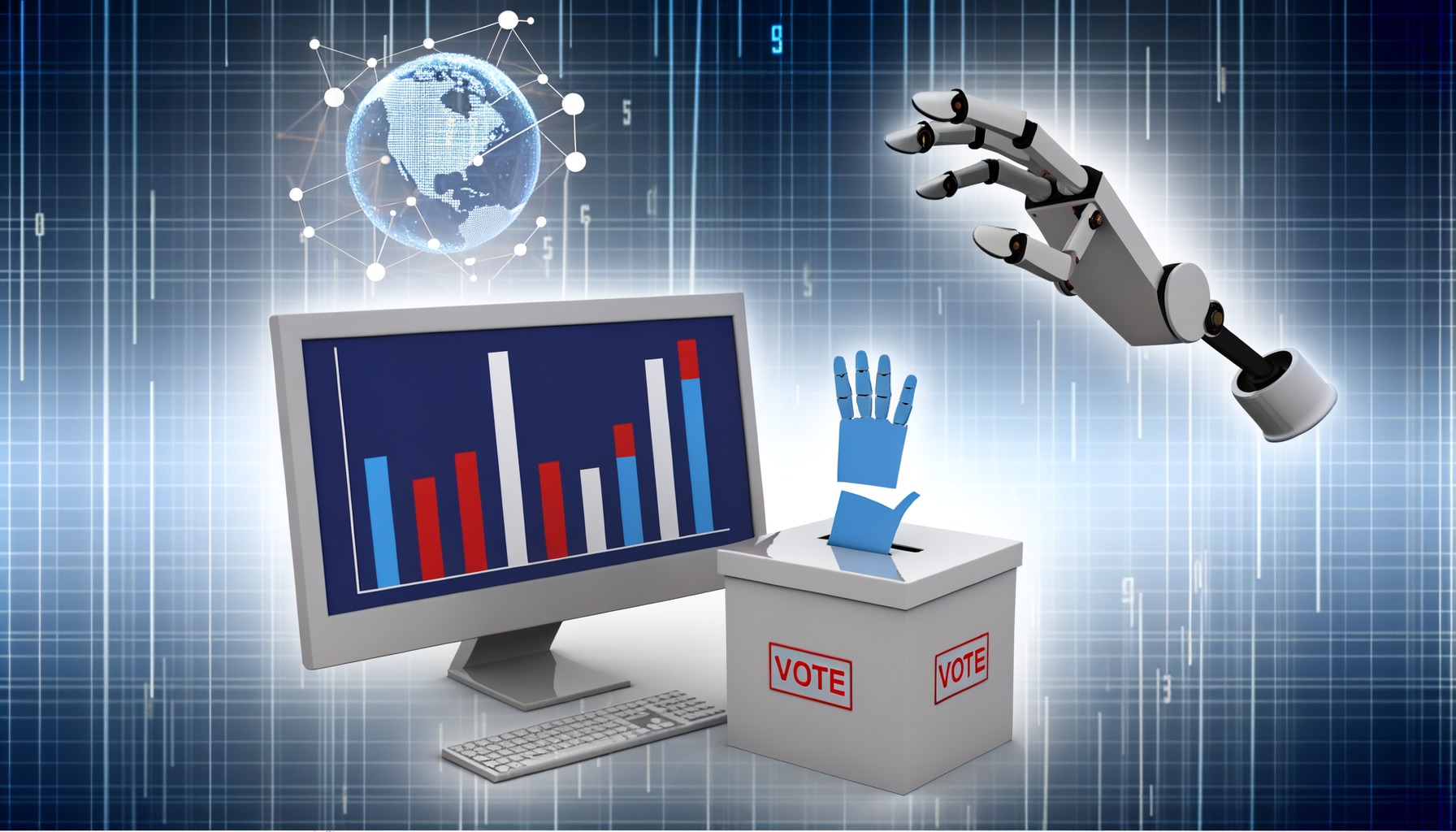Indeed is expanding its use of AI to improve hiring efficiency, enhance candidate matching, and support recruiters, while keeping humans in control of final decisions.
The platform offers over 100 AI-powered features across job search, recruitment, and internal operations, supported by a long-term partnership with OpenAI.
Recent launches include Career Scout for job seekers and Talent Scout for employers, streamlining career guidance, sourcing, screening, and engagement.
Additional AI-powered tools introduced through Indeed Connect aim to improve candidate discovery and screening, helping companies move faster while broadening access to opportunities through skills-based matching.
AI adoption has accelerated internally, with over 80% of engineers using AI tools and two-thirds of staff saving up to 2 hours per week. Marketing, sales, and research teams are building custom AI agents to support creativity, personalised outreach, and strategic decision-making.
Responsible AI principles remain central to Indeed’s strategy, prioritising fairness, transparency, and human control in hiring. Early results show faster hiring, stronger candidate engagement, and improved outcomes in hard-to-fill roles, reinforcing confidence in AI-driven recruitment.
Would you like to learn more about AI, tech and digital diplomacy? If so, ask our Diplo chatbot!









